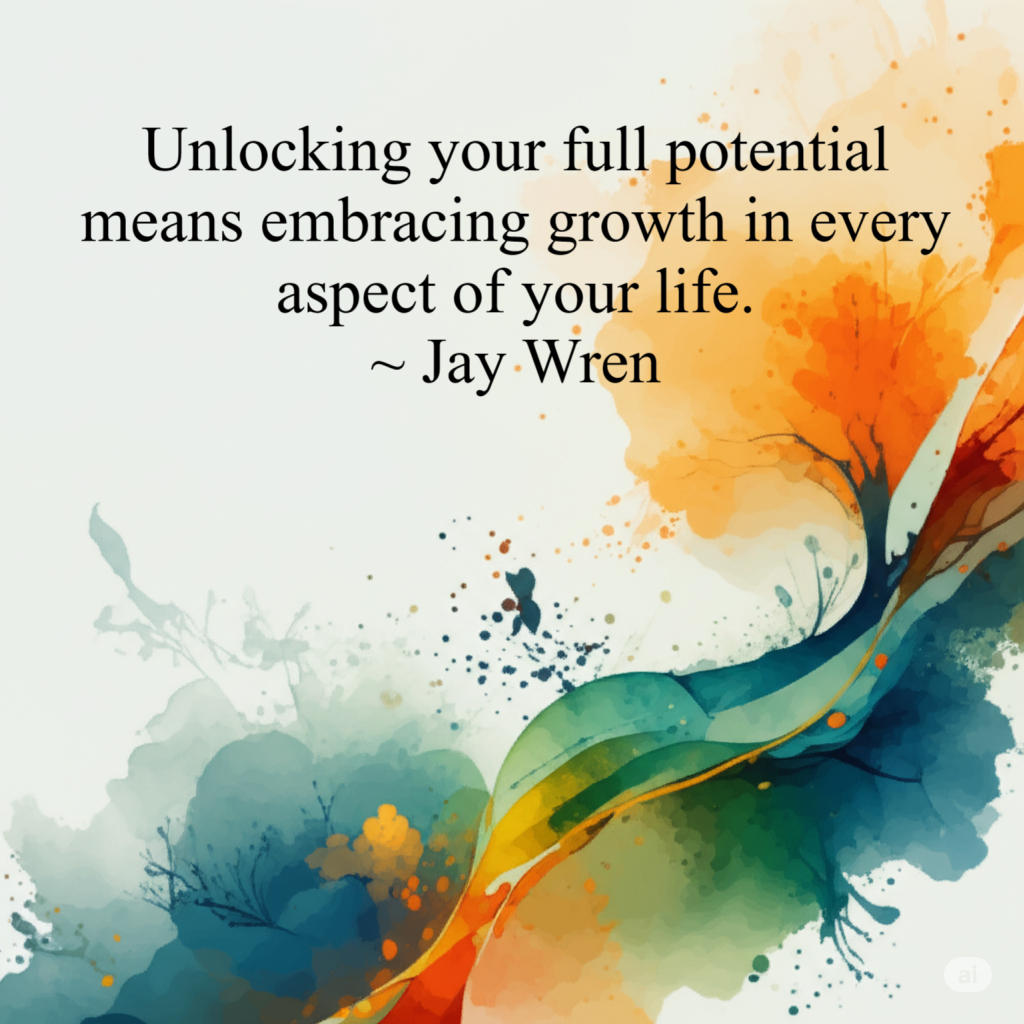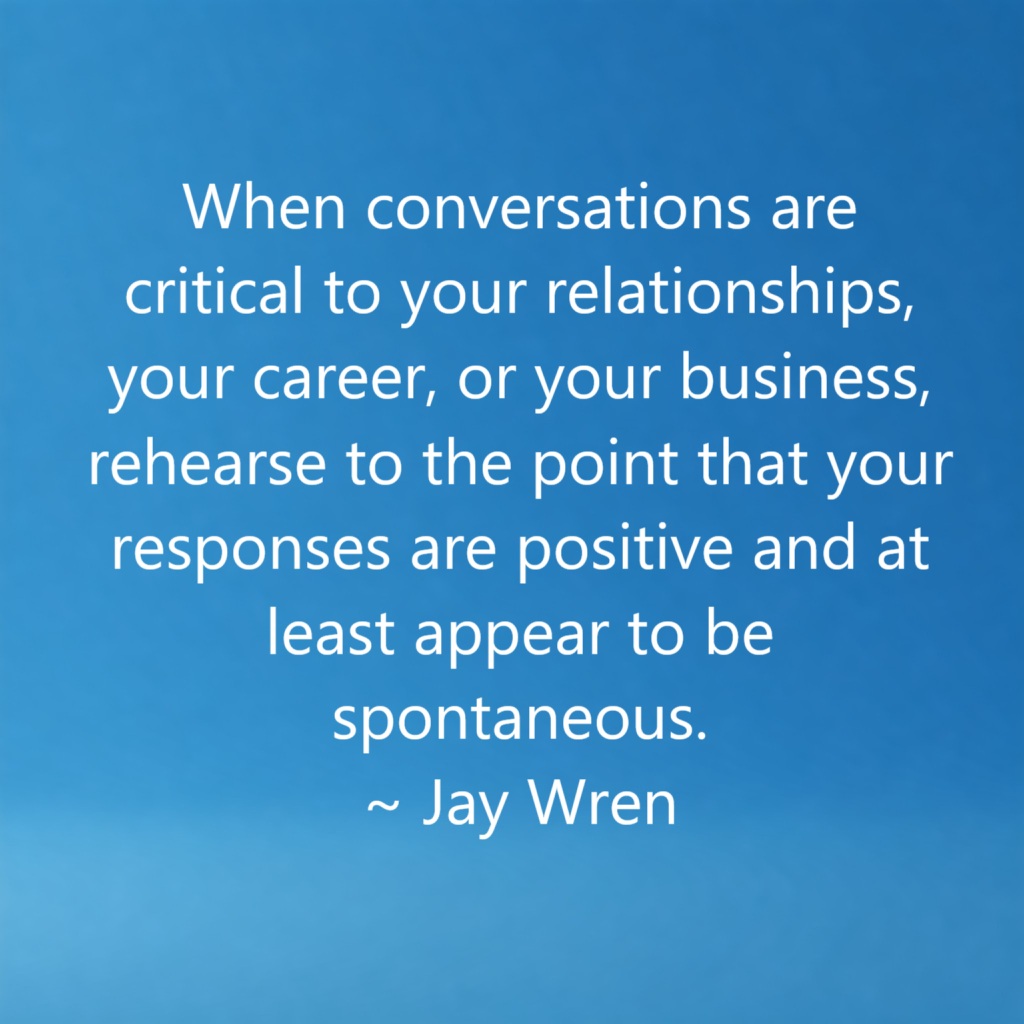Unlocking your full potential means embracing growth in every aspect of your life. ~ Jay Wren
A New Chapter for Jay Wren: Elevating Your Complete/Comprehensive: Growth
Hey everyone,
I’m incredibly excited to share some significant news about the evolution of my website JayWren.com. For a while now, I’ve been reflecting on how to communicate the core more effectively of what I do here and the unique value I can bring to your journey. That reflection has led to a powerful shift in our focus, one that I believe will resonate deeply with where many of you want to go in your career and life.
I am dedicating my content to crafting a compelling new brand promise and value proposition.
What does that mean for you? It means I am sharpening my message to unequivocally communicate the Integrated value I offer in guiding individuals to achieve their full potential in both their personal and professional lives.
My renewed value proposition will emphasize transformation, purpose, and tangible results, all while leveraging my unique perspective. Think of it this way: what I do is not just about one aspect of your life; I am now committed to helping unlocking your full, integrated potential. I believe that true success isn’t compartmentalized, but rather a harmonious blend of personal fulfillment and professional achievement.
As an example of this direction, a brand promise that truly captures this essence could be: “Jay Wren: Your Strategic Partner for All-encompassing Growth and Career Acceleration.” This statement immediately conveys a broader scope and a clear focus on both your personal and professional advancement. It’s about more than just a job; it’s about building a life of purpose and impact.
This isn’t just a change in wording; it’s a deeper commitment to how I serve you. I am excited to continue being your strategic partner as you navigate your path to growth and accelerate your career.
Stay tuned for more updates as I unveil the full details of this exciting new chapter!
Please explore my site by category: Here’s a list.
- Career Change: Charting Your New Professional Path: Navigate the world of work with tips on finding the right job, crafting compelling resumes and cover letters, mastering interviews, and charting a fulfilling career path.
- Adapt, Innovate, and Win: Your Journey to Thriving in a Changing World: Learn how to cultivate strong and meaningful connections, both professionally and personally. Building a supportive network is key to success and happiness!
- Leadership Skills. Proven methods that create success in teams and companies.
- Negotiation: Develop the powerful skills of negotiation that all great business leaders use to create successful careers and
- Personal and Professional Development: Explore techniques and habits that foster personal growth, boost your confidence, and enhance your overall well-being.
- The Mindset for Success: Optimism, Mental Clarity, Happiness, and Motivation: Uncover practical steps you can take to cultivate a more positive mindset and build habits that contribute to greater joy and fulfillment in your daily life.
- Trends & Directories: this category features articles that cover a range of topics including:
- Links to local newspapers for job seekers.
- Discussion of the United States as an innovation hub, highlighting companies in technology, healthcare, and sustainability.
- Guidance on crafting effective AI prompts.
- The surprising origins of well-known companies.
- Lists of top U.S. supermarket chains and largest brick-and-mortar retailers.
- Leading news sites.
- Information on finding email addresses.





